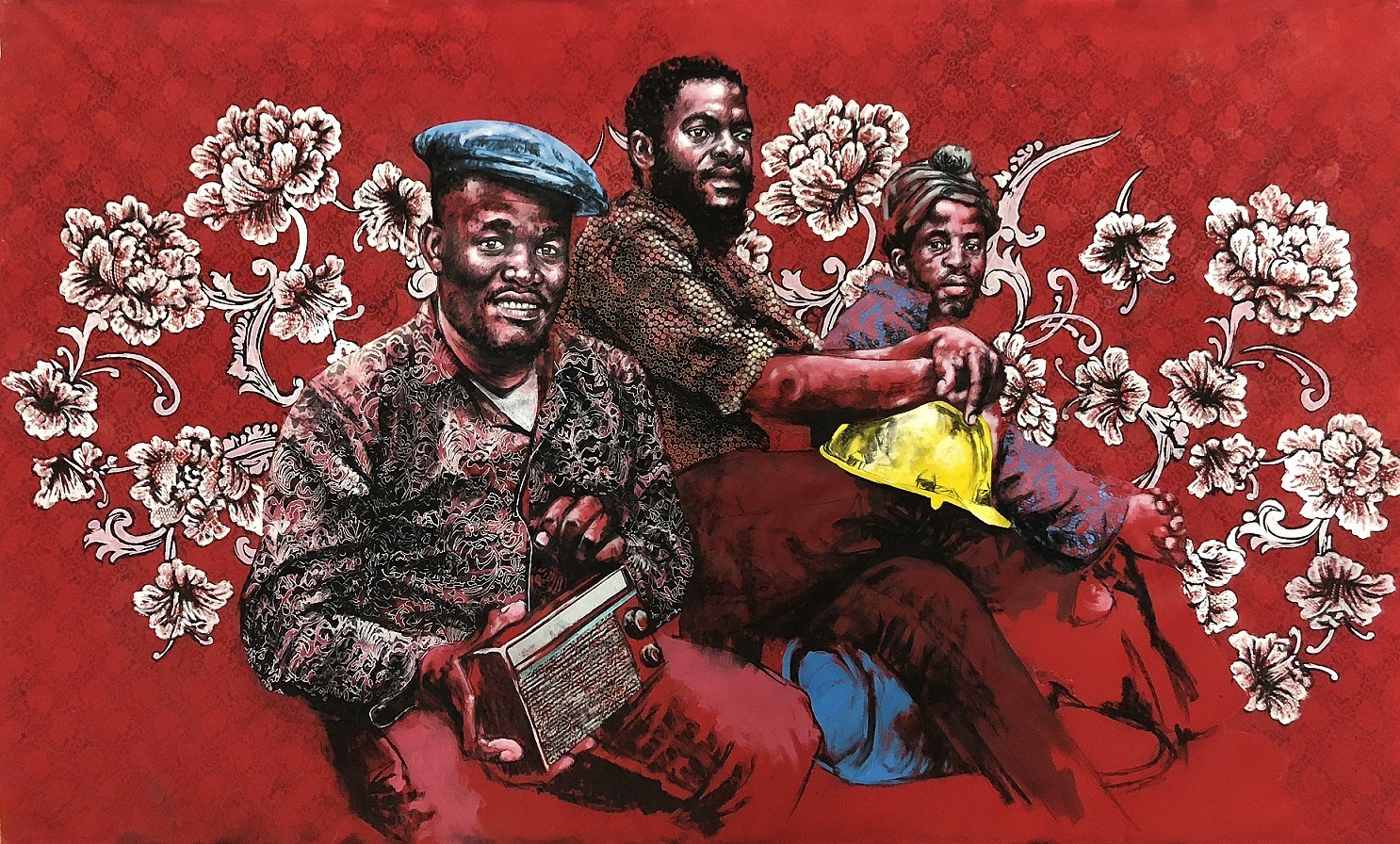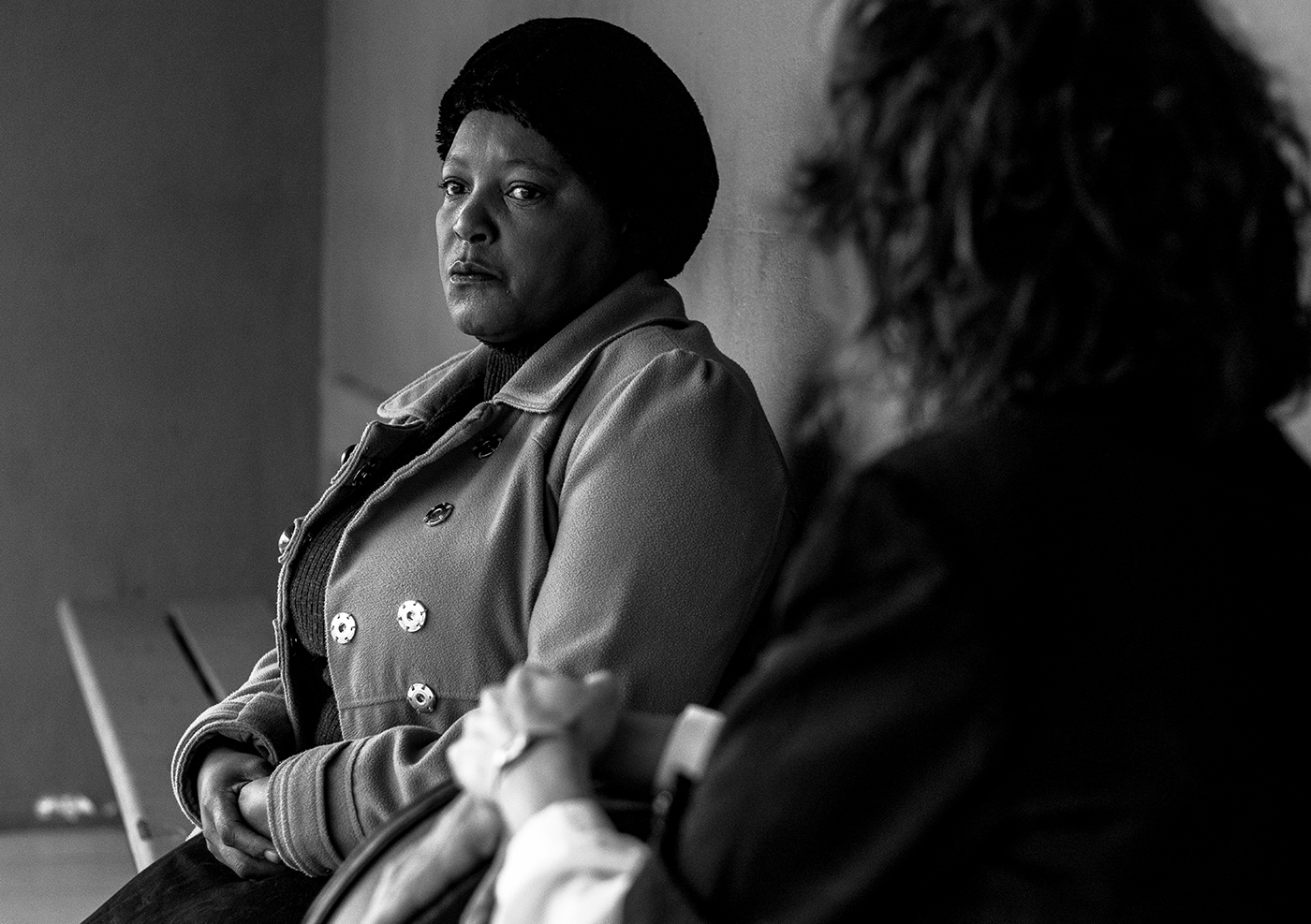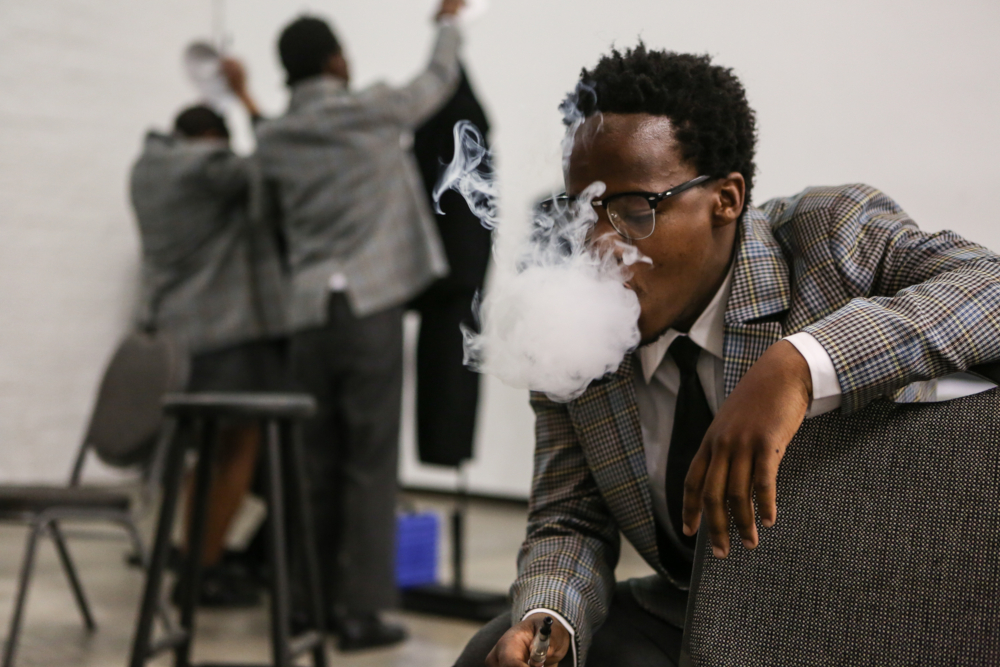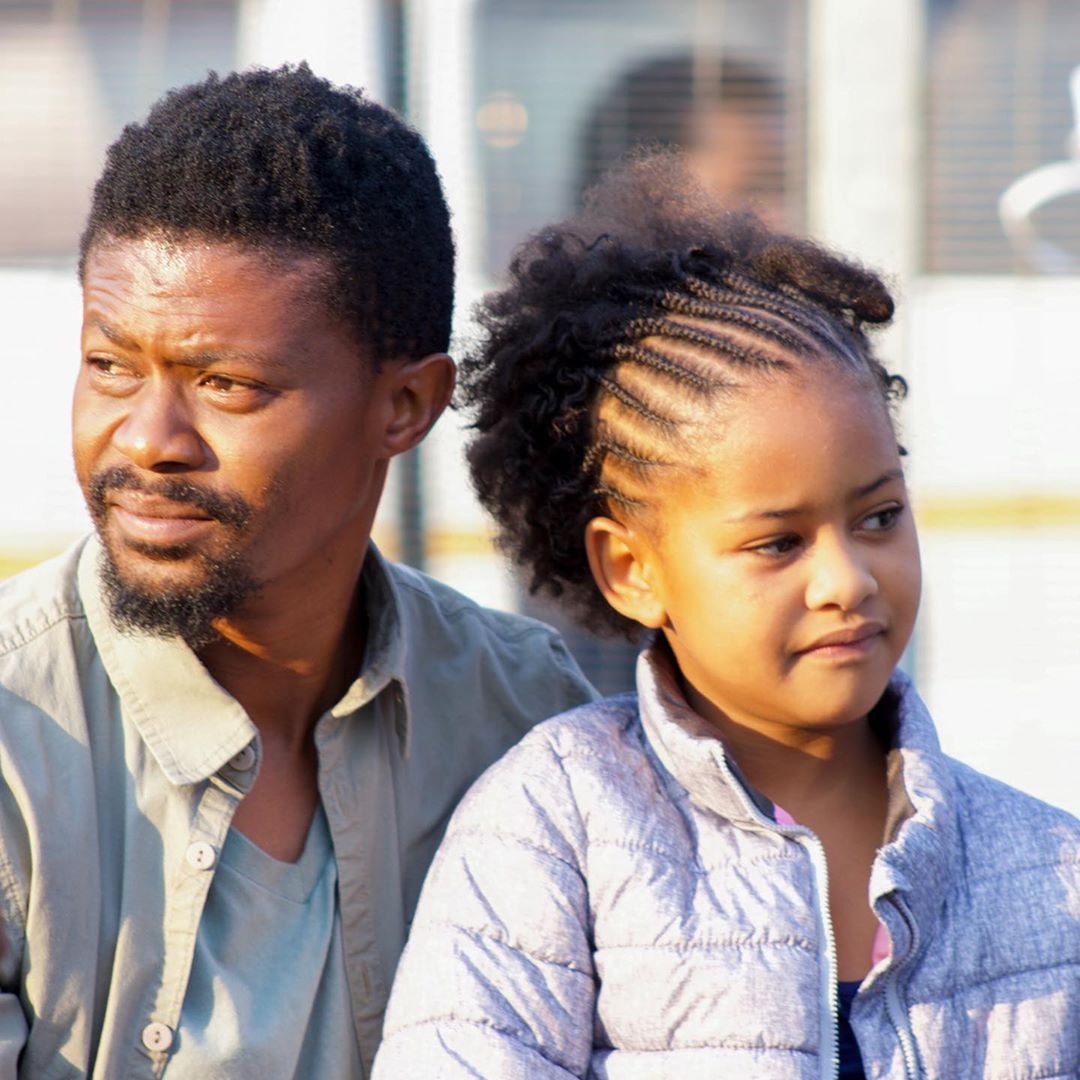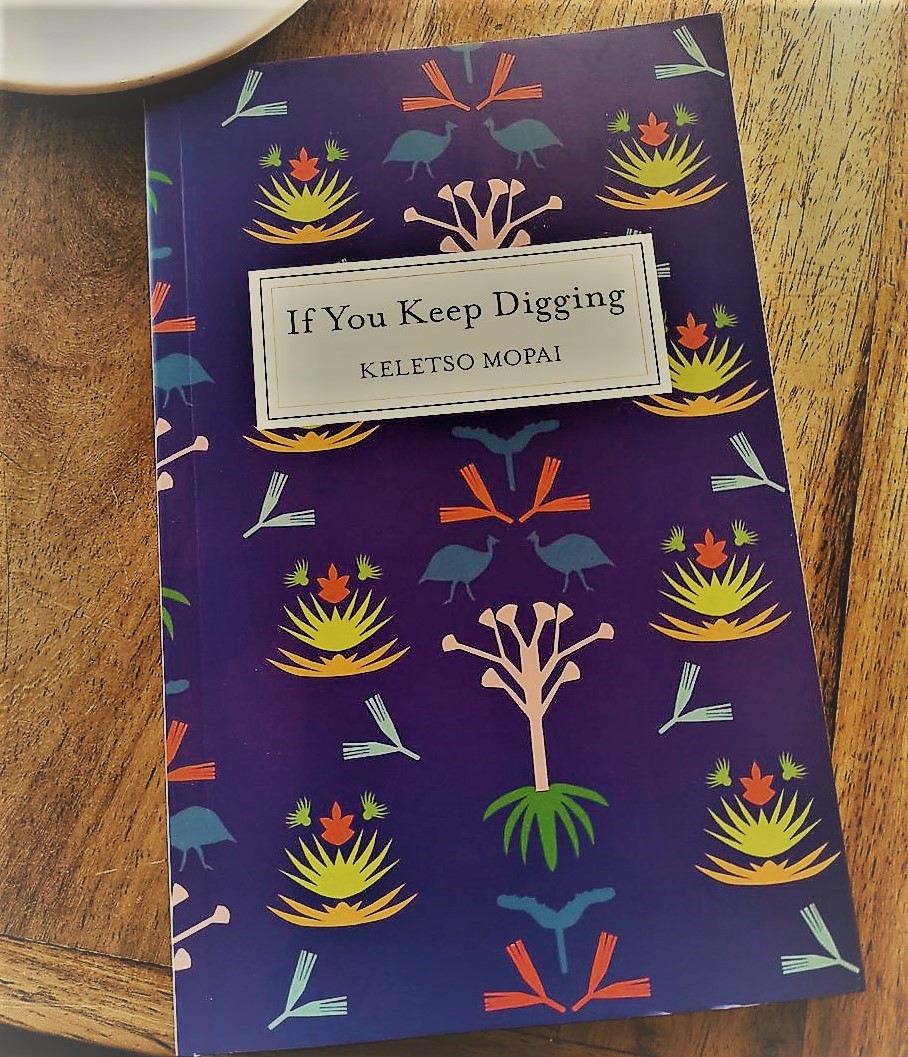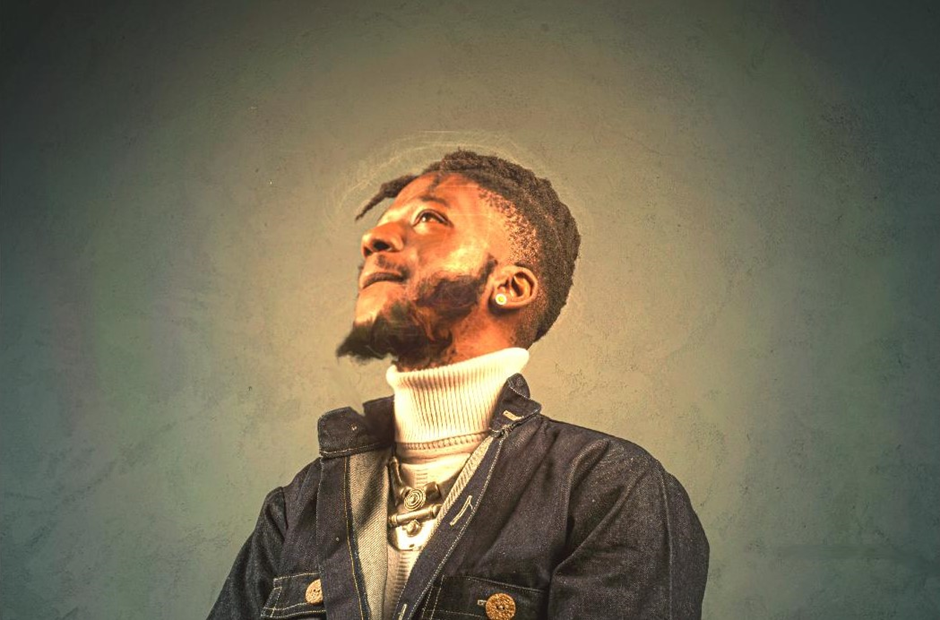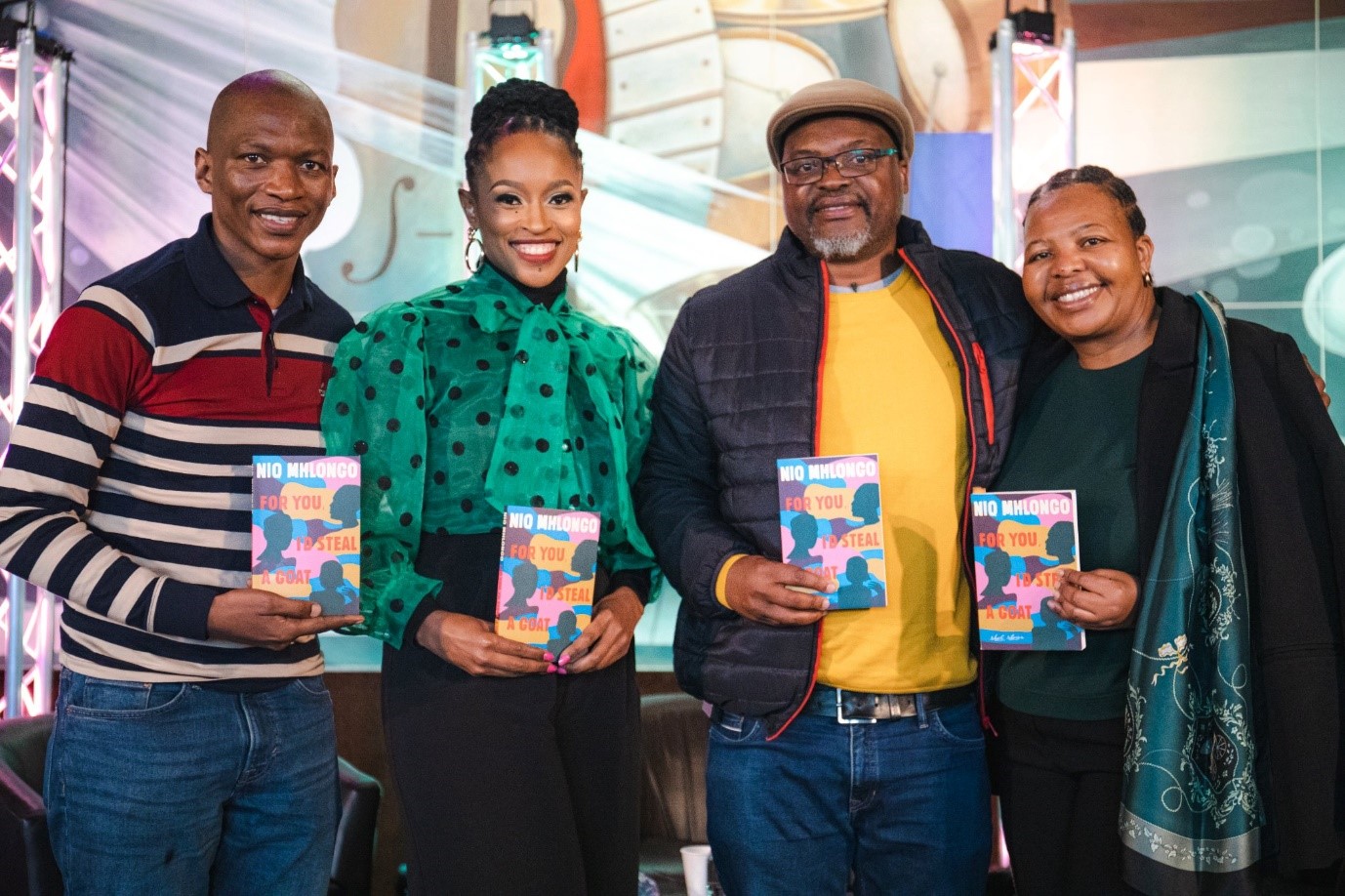Generations of African history is undocumented or destroyed, the preservation of our culture and beliefs is an important asset, as we define and redefine our own identity. Through the technology of music and art, we find ways to capture what is left of our folklore and re-imagine the Africa we want to be.
“In this project I want to celebrate and treasure traditional folk music in my own way. Giving it a more contemporary setting. Giving it new meaning. Giving it more context,” says Pilani Bubu of Folklore - Chapter 1.
Folklore refers to the expressive body of culture shared by a particular group of people, inclusive of their traditional beliefs, customs, and stories of a community, passed through generations by word of mouth, through tales, sayings, dances proverbs, jokes and art forms preserved among a group of people.

The singer-songwriter, is also a self-managed, self -funded independent artist, TV Presenter & Creative Entrepreneur with a unique voice, a cohesive global sound, and style that fuses the genres: folk, soul, jazz, and funk. Her voice is old souled yet her music is catchy.
She is a storyteller at heart and an intentional performer. Every song has a story. Bubu shares her passion for music and travel, in her collaborations with local artists, and song writing through the journey of her travels with music. She has graced the stages of festivals and music venues across the world including Nigeria, Ghana, Mozambique, Kenya, United States, United Kingdom, and Romania amongst others.
The album series: Folklore explores folk music of various cultures across the African Continent, celebrating our rhythmic and percussive vocals, call and response and the richness of our harmonies.
Folklore - Chapter 1 is a strong concept for South African music and Bubu is already at work producing Chapters 2, 3 and beyond.
Listen here:
Folklore uses the technology of music as a medium and a platform to capture and preserve our culture. These are shared traditions and cultures amongst a people that’s been passed down through generations by word of mouth in sayings, tales, dances, spoken word and more. Because generations of African History is undocumented or destroyed, her aim is to try and preserve what we have and give it contemporary context and meaning.
VIDEO LINKS
Baile - Performance Video
Boom Che - EPK
Baile -Pilani Bubu Performance (Newsic Room Kenya)
Boom Che - Pilani Bubu Performance (Newsic Room Kenya)


